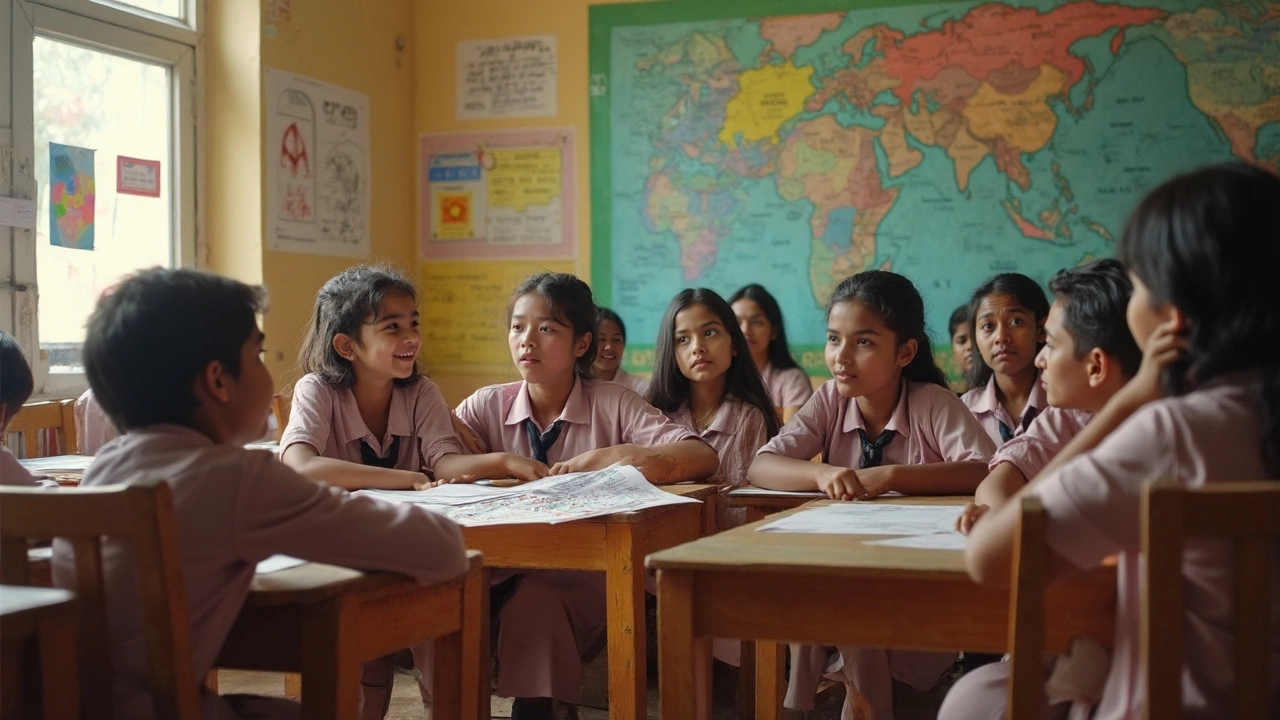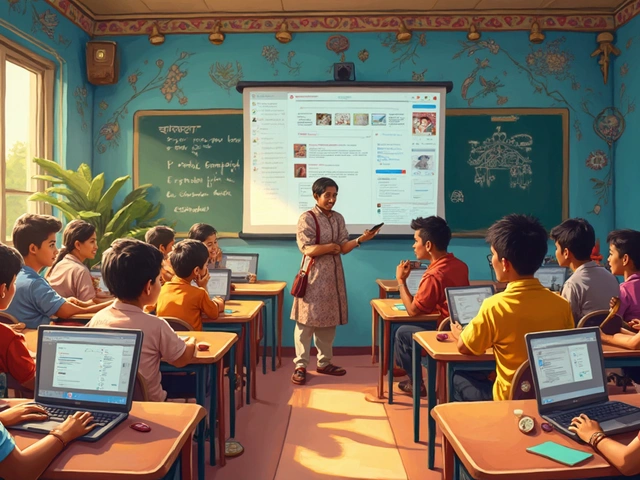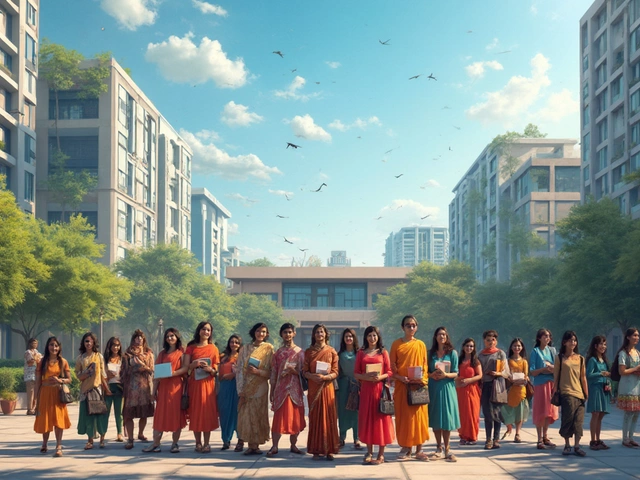Picture this: it's exam season in India, and millions of students all across the country are biting their nails over those infamous CBSE board exams. You’d think every kid sitting for maths, science, or English would be solving the same questions. Actually, that’s not always true. Students in Delhi get different CBSE papers compared to many other regions. Why on earth would a central educational board, with 'central' right in its name, send out different sets of papers? It sounds shady at first—almost like a conspiracy. But, dig a little deeper, and the answer isn't as sinister as it feels at the outset. It’s a blend of logistical headaches, history, security, and a dash of Indian bureaucracy. Let’s break it down.
The Real Story: Why Delhi Gets Different CBSE Papers
First off, Delhi isn’t some random exception. The CBSE (Central Board of Secondary Education) runs the show for over 24,000 schools—stretching from bustling metros to tiny towns. Now, the Delhi region is special, not because it houses Parliament, but because of two big reasons: population density and logistics. Delhi itself, including its nearby NCR (National Capital Region), packs in more students per square mile than almost any other region covered by CBSE. Exams like the notorious class 10 and 12 boards have to serve a monster number of test-takers just in and around Delhi.
Think about logistics on exam day. Authorities have to ship thousands of sealed envelopes, each full of question papers, to hundreds of centers. If anything goes wrong—say a bundle gets misrouted, or a center is delayed—the sheer volume amplifies the problem. In 2017, an entire Delhi region CBSE maths paper leak triggered a storm. The leak didn’t touch most of India, but there was panic because affected students shared the same paper set as several other northern regions. Afterwards, CBSE split up the papers more often by region, with Delhi getting its own versions. A rush-hour traffic snarl can disrupt paper deliveries, so limited regional paper sets reduce the risk of leaks or last-minute chaos spreading countrywide.
Another thing: Delhi is a bit of a high-risk zone for leaks and cheating, just because it’s the HQ. This isn’t the place for wild accusations, but the past has plenty of high-profile leak incidents, often traced back to the capital. It’s also home to many of CBSE's biggest exam centers, coaching institutes, and media focus. If a paper is going to leak, it probably won’t start from a remote hill town—Delhi and nearby cities are more likely. CBSE’s solution? Lower the risk by controlling which version goes to which region. It doesn’t stop cheating altogether, but it makes mass leaks harder and lets the board respond faster if something does go wrong.
Also, the sheer scale of the Delhi region means CBSE sometimes experiments with pilot changes here first. For example, test new formats for question papers? Try them in Delhi, see how it goes, then roll out to the rest of India next year. Think of Delhi as CBSE’s laboratory, as well as its fortress.
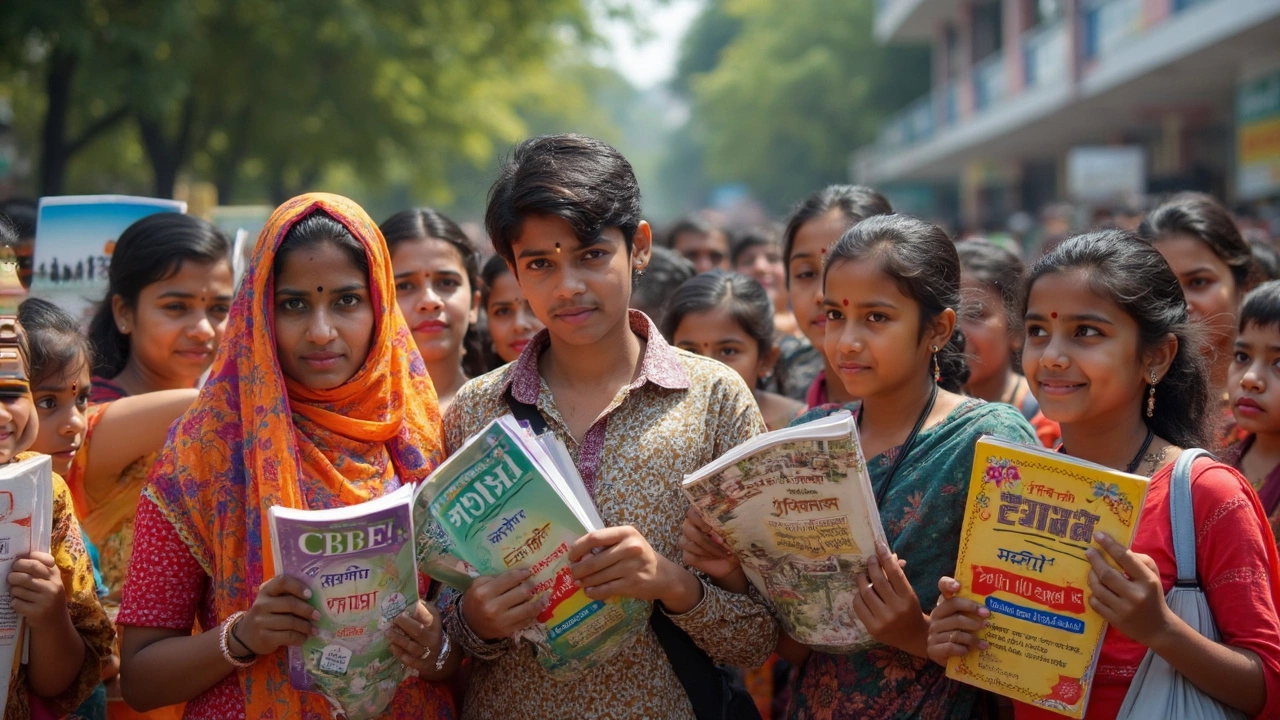
Inside the CBSE Exam Paper Distribution System
Okay, taking a peek behind the scenes—how do these papers actually get sent out? It’s not just a stack of printouts chucked in a mailbag. CBSE creates multiple sets of question papers. There’s A, B, C, D, and so on. Some years, there are even as many as 12. Each region—including Delhi—gets assigned its own versions, with strict tracking codes. Every bundle is packed under CCTV at printing presses that look like mini Fort Knoxes. Once sealed, they’re shipped to the right region and stored in secure strongrooms, usually at nationalized bank branches or guarded school lockers. Each center is told exactly which bundle to open—in front of CCTV, with school board officers watching—only minutes before the exam starts.
Why so many versions? In case there’s a breach in one region, only those sets are leaked, so the rest of the country isn’t forced to resit. That’s the most official answer you’ll get from the CBSE handbook. Delhi’s not alone; other states with large numbers—like UP, Rajasthan, and Bihar—sometimes get their own versions depending on logistics and past history of leaks. But Delhi is, more often than not, the outlier that always gets split.
If you grew up in Delhi, you already know the pain of getting a WhatsApp forward at 7am claiming "Today’s actual maths paper leaked!" only to find, in the exam hall, you’ve got a different set entirely. This regional splitting is mostly invisible to parents and kids, except when rumors fly or papers leak. But when a leak does happen, CBSE sometimes restricts the re-exam only to one particular region. That’s why you hear headlines like "Delhi students must retake Economics exam, rest of India won’t." It’s a way to keep the headache local and prevent pan-India chaos.
This regional system means you can’t really compare marks between Delhi and, say, Chennai paper-for-paper. There’s always the argument that question difficulty varies. CBSE swears all sets are of equal difficulty—equal number of tough and easy questions, same blueprint and marking scheme. They even have a moderation panel to double-check. But any kid will tell you no two sets ever feel the same. The myth goes that Delhi papers are harder, but there’s more evidence of random swings than just Delhi being picked on.
There are rare years when, due to high-stakes security concerns or new experiments, CBSE might issue unique Delhi papers for more than just the main boards—sometimes even for compartment or improvement exams. The pattern changes year by year, based on lessons learned, number crunching, and whether journalists get wind of early leaks.
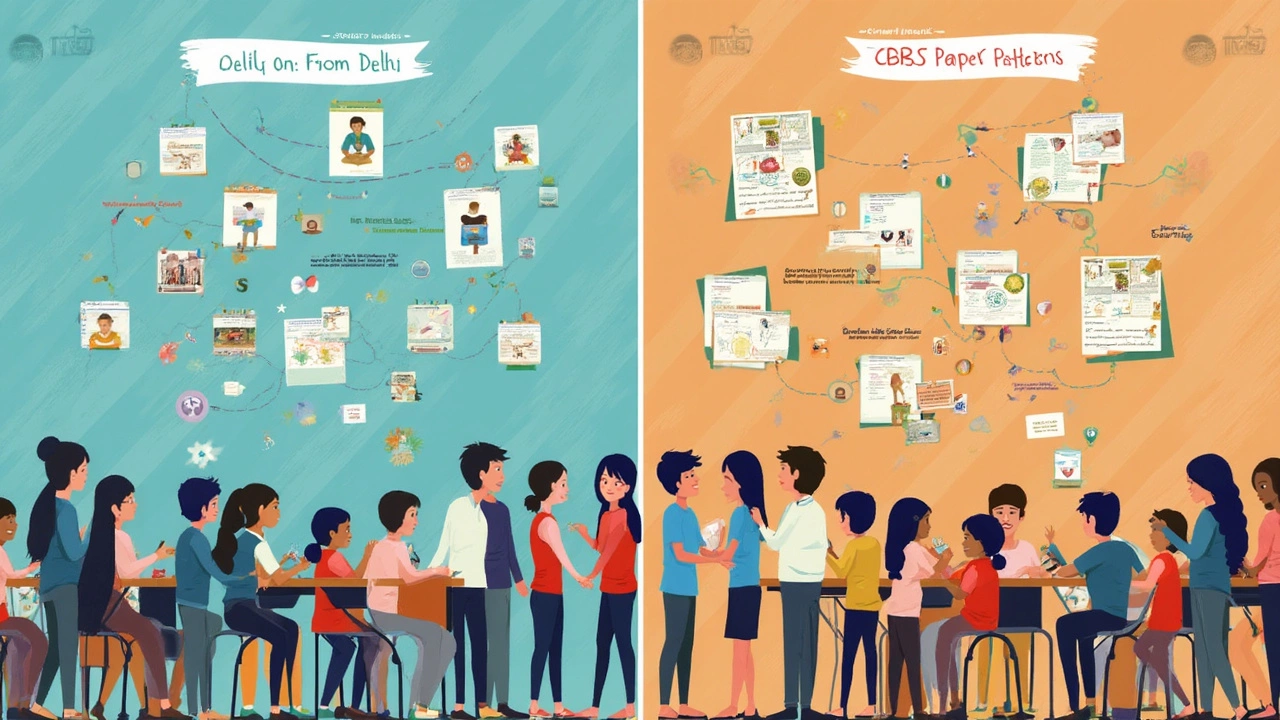
What Does This Mean for Students and Parents?
If you or your child goes to school in Delhi or NCR, knowing that you might not get the exact same CBSE exam paper as your cousin in Lucknow isn’t about bragging rights or bad luck. There’s nothing you can do to influence what paper set you get. Each set follows the same syllabus and structure, and is supposedly tested for fairness. Sure, the rumors about "Delhi set is always tougher" will never die, but unless you’re writing a petition to CBSE, that’s just exam-season grumbling.
This whole split-paper system solves more problems than it creates. For one, it protects honest students—if a leak happens in another region, Delhi students won’t have to resit, and vice versa. For another, it lets CBSE contain leaks and investigate without causing misery across the whole country. The logistics are a nightmare for the board, but from a parent’s perspective, a regional paper set means their child has just as much chance as anyone else, regardless of what’s swirling on WhatsApp.
Now for a practical tip—if you're a parent or student, stop sweating about which regional paper you’ll get. Instead, focus on understanding the CBSE blueprint: practice question types, formats, and marking schemes. CBSE usually releases sample papers by set, and schools often get previous years’ Delhi and All-India papers for revision. Get your hands on both! Even if you’re not in Delhi, practicing one region’s paper can prepare you for any curveball.
Here’s an overlooked fact—students who do consistent, wide-ranging practice, instead of just chasing leaked questions or focusing on one region’s set, really do better. In a 2022 CBSE feedback survey, students who solved at least three different regional sample sets saw a 12% boost on average in their final marks.
Just to bring it home: the biggest thing that matters isn’t the region your question paper comes from. It’s how you manage your nerves and time during the actual exam. Delhi, Chennai, Lucknow—every kid’s stress and strategy are pretty much the same once those exam papers hit the desk. And unless you work for CBSE, the reasons for regional paper splitting are more of a fascinating backstory than something to lose sleep over.
If you want to go even deeper, CBSE’s official site offers FAQs about paper-setting, and newspapers like The Hindu and Times of India often leak (pun intended) inside stories the day after a big exam. You can learn a lot from reading examiner interviews, which often explain how paper setters work to keep exams fair even when the questions aren’t identical.
In summary, Delhi doesn’t get its own CBSE exam papers because of politics, favoritism, or any secret plotting. It’s just down to massive numbers, logistics, and, above all, protecting students when something goes wrong. And given the sheer scale of Indian board exams, it’s an impressive magic trick the CBSE even manages to pull off at all.
